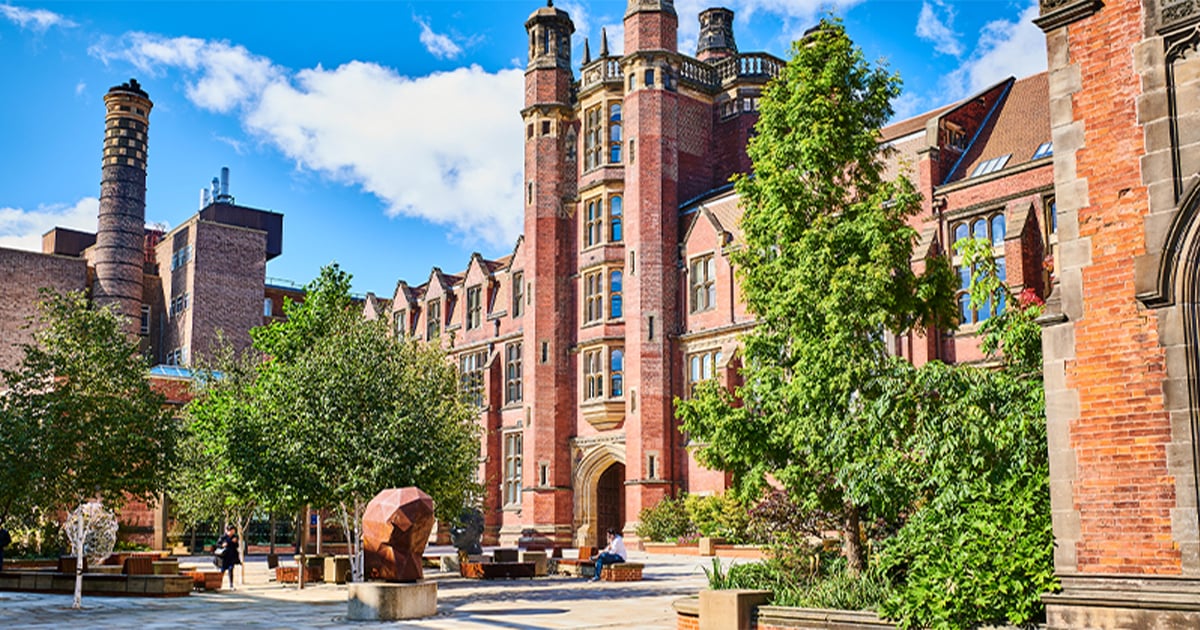- Manplas Limited Expands Its Vacuum Forming Capabilities to Meet Custom Manufacturing Demands Across the UK
- Yvonne Releases New Book Celebrating Our Creator’s Truth of Love, Life, and Light
- SANY India Strengthens Karnataka Presence With New 3S Office In Davangere
- White Jacobs Expands Proven Credit Repair Solutions to McAllen TX and Oklahoma Residents
- Green Webpage Expands Global Infrastructure with New Data Centers in Los Angeles and Singapore
- Softaken Launches Freeware PDF Password Recovery Tool for Easy Access
- Actress Kanchana Moitra's Bengali film Kapal is releasing on 19th September
- Maridady Motors Expands Affordable Car Ownership in Kenya with Wide Range of New and Used Vehicles
- Poonam Mayank Sharma Expands Luxury Wedding Planning Services Across India with Bespoke Design and Décor Excellence
- Tatra Rotalac Launches Powder-Coated Tambour Doors and Strengthens Plastic Extrusion Services in Manchester
- MSMECCII Delegation Meets Minister for New and Renewable Energy
- Seica S.p.A. is proud to show for the first time at the AJBAN Defense Industry & Technology Exhibition
- Tangy Management Launches Slow-Season Strategy for Owners
- Dr. Sandeep Marwah Invited by Doordarshan Urdu for Inspirational Podcast “Hausalon Ki Udan”
- Novotel Hyderabad Airport Appoints Mr. Gyandeep Singh as Director of Food & Beverage
 Mail to a Friend Mail to a Friend |
|
     |
Newcastle University experts suggest ways to tackle the growing issue of light pollution

November 9, 2023: Light pollution, or excessive artificial light at night, is now recognised as a major driver of environmental change, adversely impacting wildlife and even human health. But predicting how entire communities of plants and animals respond to light pollution is difficult. Published today (30 October) in the Philosophical Transactions of the Royal Society B, the world's longest running scientific journal, a team of Guest Editors that includes researchers from Newcastle University have compiled a theme issue titled 'light pollution in complex ecological systems' that draws together 17 papers from experts in the field.
Professor Darren Evans from the School of Natural and Environmental Sciences, who is a Guest Editor and author of three of the published papers, said: "Street lights, vehicles, commercial buildings and domestic sources are all contributing to night-time light pollution, and it is becoming increasingly clear that it affects a range of plants and animals, including humans. But most studies to date have tended to look at the responses of individual species, rather than looking at the responses of whole communities at the ecosystem scale. This theme issue goes some way to addressing that gap."
The collection of studies in the theme issue aims to dive deeper into how light pollution affects the natural environment. Newly published articles investigate light pollution ecology at various scales and in a range of environments, from single processes to whole communities, to better understand the relationship between light pollution, ecological balance, and human influence.
Drawing on a decade of research on the topic, Professor Evans said: "We were the first to show that street lighting disrupts pollinating moths, revealing shifts in moth activity in street-lit areas from vegetation level to lamp-post height and the impact this is having on their ability to pollinate flowers.
"We then found direct evidence that street lights impact local insect populations, cutting numbers by 50%. We found 'eco-friendly' light-emitting diode (LED) streetlights are even more harmful for insect populations than the traditional sodium bulbs they are replacing.'
Street lights are not only a major source of direct light pollution emissions, but stock has been transitioning to LED technology in many parts of the world, resulting in increases in the blue part of the visible spectrum that is more harmful to biodiversity and human health. But in an article titled 'Mitigating the impacts of street lighting on biodiversity and ecosystem functioning' Professor Evans argues that there are some simple solutions to this growing problem. He said: "LEDs can be modified more easily than conventional sodium lamps by adjusting their intensity, spectral output and other features of street light systems' but added 'research in this area has been slow."
Ongoing research conducted by Newcastle University students using experimental lighting rigs at NU Farms (Cockle Park) has shown the potential for mitigation experiments, as invertebrate communities respond very quickly and measurably to LED lights.
Professor Evans said: "We are now at a stage where we would like to work with industry in designing both street and domestic lamps that filter out the blue part of the spectrum that is harmful to wildlife and people." He added; "We would also like to develop bulbs that are less attractive to disease carrying insects in malaria hotspots."
Reference
The Phil Trans B issue on 'Light pollution in complex ecological systems' is published online.
ABOUT NEWCASTLE UNIVERSITY: Newcastle University, UK, is a thriving international community of more than 28,000 students from over 130 countries worldwide. As a member of the Russell Group of research-intensive universities in the UK, Newcastle has a world-class reputation for research excellence in the fields of medicine, science and engineering, social sciences and the humanities. Its academics are sharply focused on responding to the major challenges facing society today. Our research and teaching are world-leading in areas as diverse as health, culture, technology and the environment. Newcastle University is committed to providing our students with excellent, research-led teaching delivered by dedicated and passionate teachers. Newcastle University is ranked 110th in the QS World Ranking 2024 and 139th in the Times Higher Education World University Ranking 2023.
Company :-Good Relations India
User :- Uday Singh
Email :-uday.singh@gri.co.in
Mobile:- 9582180149










